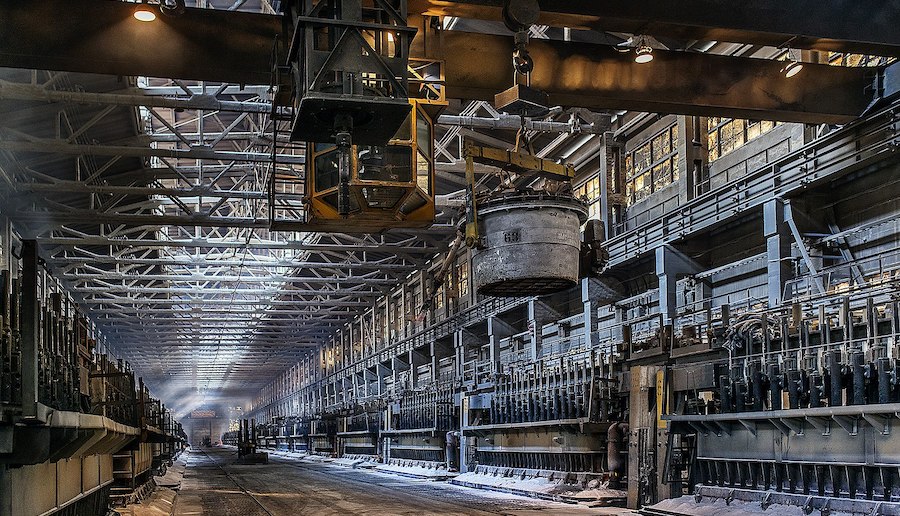Rusal to cut aluminum output by 6%

Russian aluminum producer Rusal will cut output by more than 6% in response to high global alumina prices and as tight monetary policy and an economic slowdown dampen domestic demand for the metal, the company said on Monday.
Rusal, the world’s largest aluminum producer outside China, said production would be reduced by 250,000 metric tons per year after disruption to bauxite supplies from Guinea and Brazil and output suspensions in Australia contributed to a surge in alumina prices this year.
Alumina prices have more than doubled since the start of the year to more than $700 a ton. Aluminum, used in the construction, transport and packaging sectors, is up 11% this year.
“As a result, the share of alumina in the cash cost of aluminum increased to over 50% compared to the normal level of 30-35%,” Rusal said, adding that there would be no job losses.
The company did not say when the production cuts would begin.
Rusal said it has to purchase more than a third of its alumina abroad at market prices. The company produced 3.85 million tons of aluminum in 2023, or 5.5% of global output.
To compensate for the shortfall in alumina, Rusal increased purchases from China, India and Kazakhstan. It also bought a 30% stake in a Chinese alumina refinery in October 2023 and plans to build a new alumina refinery in Russia’s Leningrad region.
The company operates 11 aluminum plants, including one in Sweden. It did not say at which plants it plans to cut production.
It also blamed tight monetary policy for sluggish domestic demand for aluminum from the construction and automotive industries. Russia’s key interest rate was raised to 21% in October, its highest since 2003, in an effort to curb inflation.
Rusal has also come under pressure as some Western consumers have shunned new deals for Russian metal, even though the Hong Kong-listed company is not directly targeted by Western sanctions over the war in Ukraine.
In April, the London Metal Exchange banned deliveries of newly produced Russian aluminum, copper and nickel to LME-registered warehouses to comply with US and UK sanctions.
The three-month aluminum contract on the London Metal Exchange was up 0.8% at $2,644 per metric ton by 0951 GMT, in line with gains in other industrial metals.
(By Anastasia Lyrchikova, Polina Devitt and Gleb Bryanski; Editing by David Goodman and Susan Fenton)
{{ commodity.name }}
{{ post.title }}
{{ post.date }}




Comments